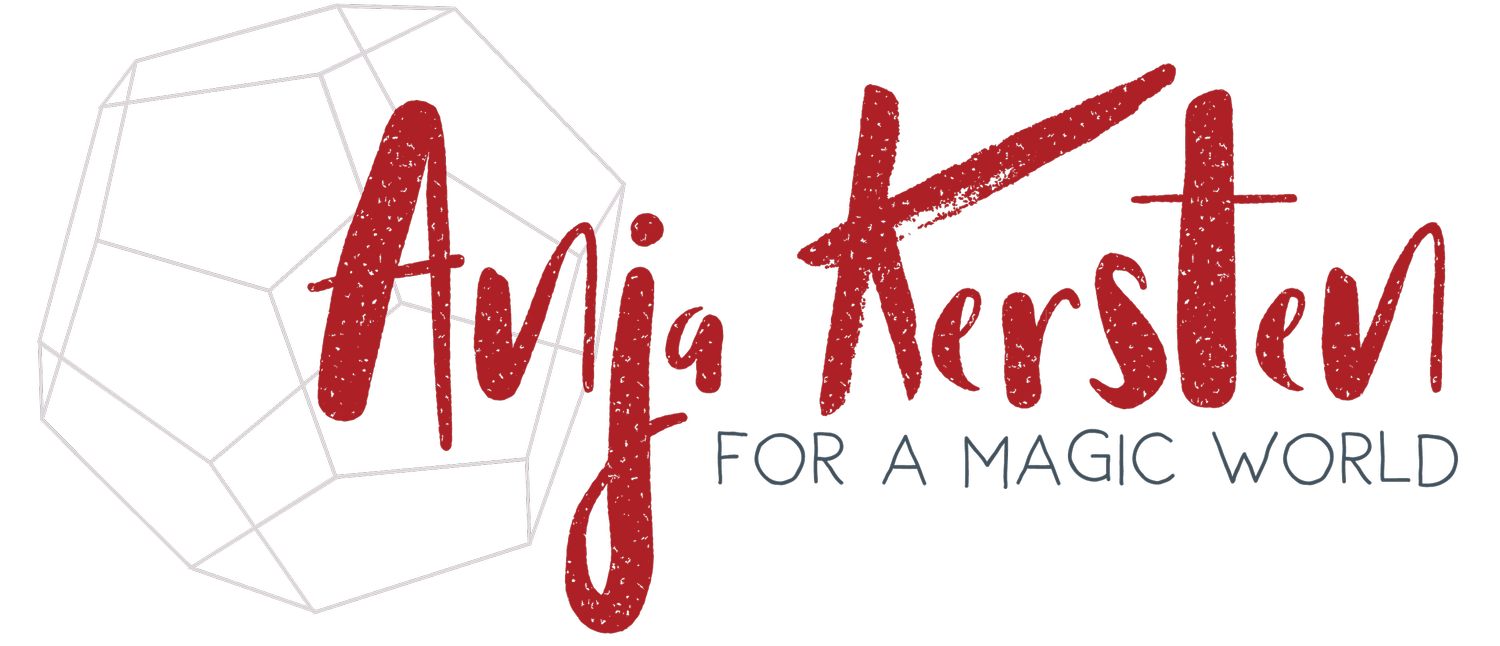What have I done wrong?
Have you ever found yourself caught in the web of self-blame?
Constantly thinking, it’s somehow your fault?
I call it the what have I done wrong narrative, which can be triggered by other people behaving in a certain way towards us or when someone goes from warm to cold. For example a friend, who was very interested in you and suddenly never calls you anymore.
Even though I think to a certain extent most of us might deal with this what have I done wrong reaction, it’s important to know that the self blame narrative is even more pronounced in people, who were growing up in narcissistic family systems.
Often those relationships are very much an egg walking, warm cold experience, interspersed with devaluation, gaslighting, etc., with the result of asking exactly this question:
‘What have I done wrong this time to be treated like this?’
The thing is, you never can do anything right in this context and it is for sure your fault no matter what. So, for those of you, who like me tend to struggle with self blame for this very reason , be kind to yourself, it all makes perfect sense.
On top of that, many of us were turned into the scapegoat within the family system.
Add that to the mix and the self blame rumination, most likely turns into a lifelong struggle. Especially if we don’t learn to recognise it and start giving less weight to the what have I done wrong voice. We literally need to reframe this narrative on our healing journey from psychological oppression to inner freedom.
I personally remember so many incidents in my life, where someone treated me unkind in some way, shape or form and I immediately went to the ‘what have I done wrong rumination cycle’. It would take me out of action and also would stop me from either disengaging with the person affected or standing up for myself or both.
When I was studying for example, we were sharing a flat together. Being five people. There was one woman in particular, who happened to bully me and my boyfriend. But especially me, because I made a good scapegoat, wondering why she was treating me so badly.
At that time in my life, I was utterly unaware of my ingrained self blame and where it had come from. No one even talked about narcissistic abuse. But even now, where I am very well aware of the self blame, it still happens to me.
I just recently had a friend turning her back on me for no reason. No more contact for weeks on end. You don’t wanna know what rabbit hole rumination cycles I went into.
The big difference though is, that nowadays I can come to the conclusion, that such a person is not trustworthy and that I don’t deserve being treated this way. It might take me a while to get there and often I have to circle back and forth, again and again and again.
But I question the narrative and then tell myself to emotionally disengage and let it be the person’s problem not mine. If I really did do something wrong, at least in their mind, they could have had the courtesy to tell me. That’s how I see this kind of repetitive story thirty odd years later.
The self blame, scapegoat internalised voice is still there, but it becomes easier to disentangle from it and to refuse to let that be my identity.
And I guess this is key! To become aware of the roots, where this narrative is coming from. In the past it was something which often kept us safe in an unsafe, unstable environment. That’s why, we mustn’t put even more blame on top of the heap of internalised shame we ingested, on ourselves.
It’s been helpful to me to understand the mechanisms of being scapegoated, as well as understanding the patterns of narcissism. This definitely enabled me to become much more aware of the ‘what have I done wrong narrative’.
Awareness is the first step.
Bring self compassion to it. It’s not your fault. The second.
The third one is to question it.
The fourth one is to reframe it. ‘Not everything is my fault,’ or whatever works for you.
And now the most important thing, you need to repeat this. Watch the triggers, repeat again. I am not sure, whether this will ever go away completely to be honest. But it’s certainly possible to not be so identified with the self blame, dictating the way we behave towards others.
In my book, people, who don’t treat me with respect, they don’t get to be in the presence of my full, authentic self anymore and I will be very careful, what I am sharing with them in the future. I have removed them from my inner trust circle, instead of trying to make a relationship work, that’s bad for me.
